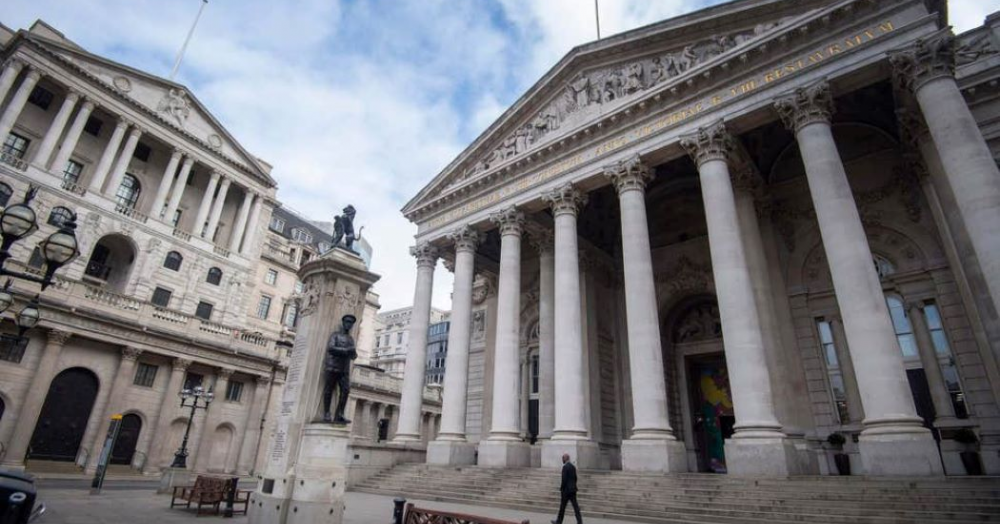

Get in touch with us
With ongoing reforms and rising compliance demands across the UK, managing a rental property alone is becoming increasingly complex. Here’s why professional management now matters more than ever.
With Easter just around the corner, now is a strategic moment to prepare your home for market, before buyer demand peaks and properties move fastest.
When you look back at the average rents achieved in Shepperton over the last five years, from 2021 through to 2025, a clear pattern emerges. Shepperton saw extraordinary growth in rents as the market experienced a period of exceptional pressure post pandemic, yet in the last 12 months, is now settling into something far more measured.
The Bank of England's anticipated interest rate cut to 3.75% is set to reshape the property landscape in 2026. But what does this really mean for you, whether you're looking to buy your next home or thinking of selling?